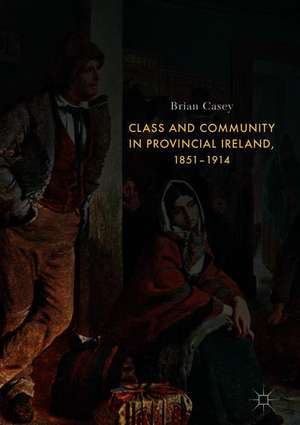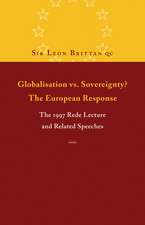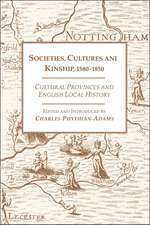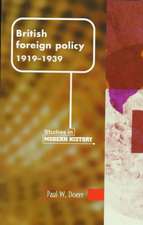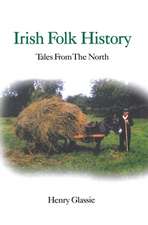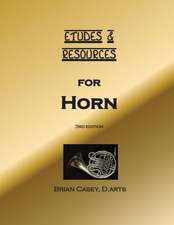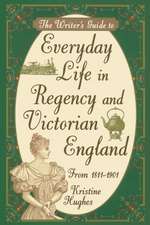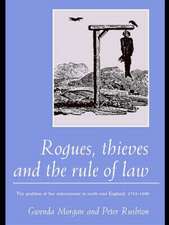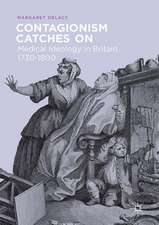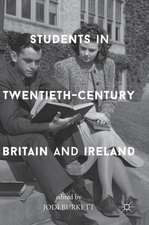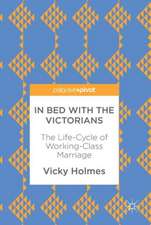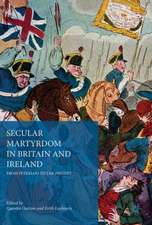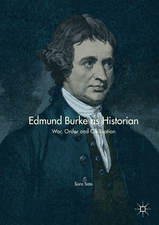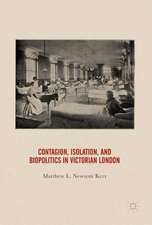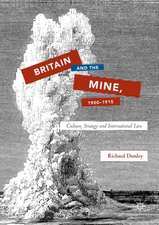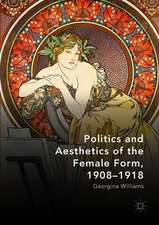Class and Community in Provincial Ireland, 1851–1914
Autor Brian Caseyen Limba Engleză Hardback – 17 mai 2018
| Toate formatele și edițiile | Preț | Express |
|---|---|---|
| Paperback (1) | 319.81 lei 6-8 săpt. | |
| Springer International Publishing – 30 ian 2019 | 319.81 lei 6-8 săpt. | |
| Hardback (1) | 700.61 lei 6-8 săpt. | |
| Springer International Publishing – 17 mai 2018 | 700.61 lei 6-8 săpt. |
Preț: 700.61 lei
Preț vechi: 824.25 lei
-15% Nou
Puncte Express: 1051
Preț estimativ în valută:
134.07€ • 138.52$ • 111.53£
134.07€ • 138.52$ • 111.53£
Carte tipărită la comandă
Livrare economică 20 martie-03 aprilie
Preluare comenzi: 021 569.72.76
Specificații
ISBN-13: 9783319711195
ISBN-10: 3319711199
Pagini: 300
Ilustrații: XIII, 296 p.
Dimensiuni: 148 x 210 x 24 mm
Greutate: 0.52 kg
Ediția:1st ed. 2018
Editura: Springer International Publishing
Colecția Palgrave Macmillan
Locul publicării:Cham, Switzerland
ISBN-10: 3319711199
Pagini: 300
Ilustrații: XIII, 296 p.
Dimensiuni: 148 x 210 x 24 mm
Greutate: 0.52 kg
Ediția:1st ed. 2018
Editura: Springer International Publishing
Colecția Palgrave Macmillan
Locul publicării:Cham, Switzerland
Cuprins
1 Introduction.- 2 The post-Famine landscape, estate management and agricultural improvement in east Galway, 1851-1914.- 3 Educational provision and religious tensions, 1853-1863.- 4 A check on deference: Electioneering, the Fenians and the Catholic Church: Galway 1872 and Mayo 1874.- 5 The construction of a proletarian political movement: The Ballinasloe Tenant Defence Association, 1876-1879.- 6 The first phase of the Land War and beyond, 1879-1885.- 7 The era of the Plan of Campaign, 1885-1891.- 8 Plus ca change: Continuity and change in a community, 1891-1914.- 9 Conclusion
Recenzii
“The book is excellent in .developing new definitions of and perspectives on deference and patemalism, but although . ‘cömmunity’ is in the title of the book, a fuller discussion of what is meant by this comes relatively late on in the book,, and perhaps this might have come a little earlier. … This book. overall is a valuable addition to a distinguished field, and will be of great interest to rural, social and political historians in Ireland and across the British Isles.” (Irish Literary Supplement, Vol. 38 (2), 2019)
Notă biografică
Brian Casey is a historian of modern Ireland and Scotland. His research interests focus upon the dynamics of agrarian radicalism and the land question.
Textul de pe ultima copertă
This book explores the experience of small farmers, labourers and graziers in provincial Ireland from the immediacy of the Famine until the eve of World War One. During this period of immense social and political change, they came to grips with the processes of modernisation. By focusing upon east Galway, it argues that they were not an inarticulate mass, but rather, they were sophisticated and politically aware in their own right. This study relies upon a wide array of sources which have been utilised to give as authentic a voice to the lower classes as possible. Their experiences have been largely unrecorded and this book redresses this imbalance in historiography while adding a new nuanced understanding of the complexities of class relations in provincial Ireland. This book argues that the actions of the rural working class and nationalists has not been fully understood, supporting E.P. Thompson’s argument that ‘their aspirations were valid in terms of their own experiences’.
Caracteristici
Redresses an imbalance in the historiography of the Irish class system, offering a much-needed account of the Irish rural proletariat Examines a wide range of sources to uncover the experiences and social dynamics of the lower rural classes Covers a period of great social and political change, showing how rural communities adapted to and challenged modernisation
